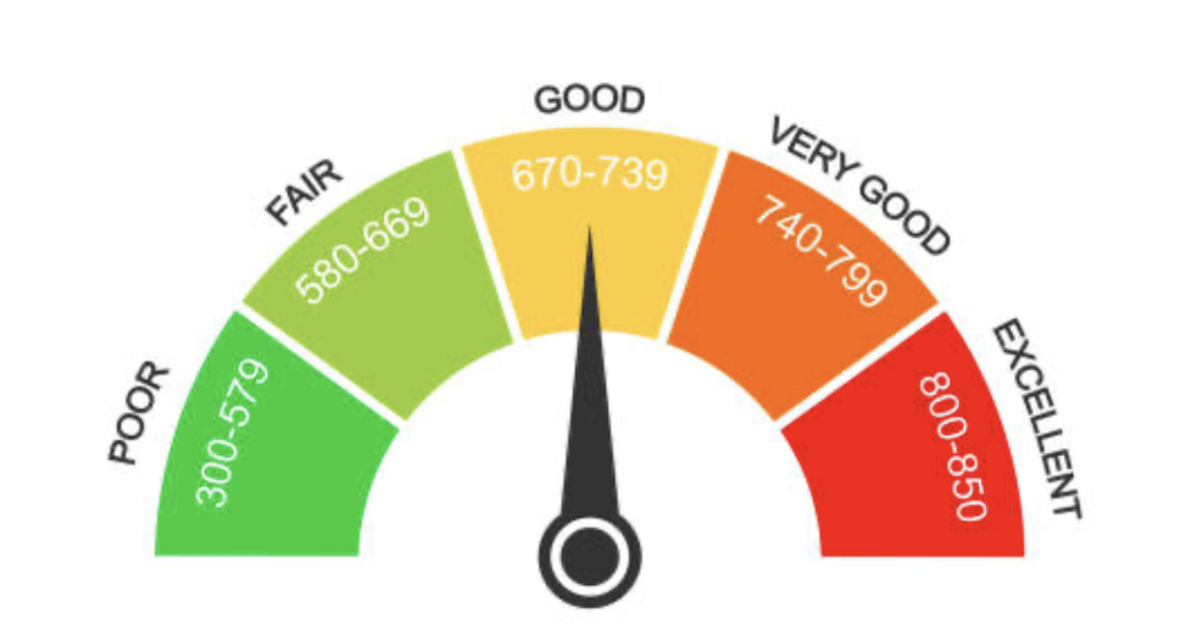When it comes to your financial well-being, your credit score plays a significant role in more than just obtaining loans or credit cards. Surprisingly, it can also affect your property insurance costs. In this post, we’ll explore why your credit score can influence your property insurance premiums and what you can do to manage the impact.
The Connection Between Credit Score and Property Insurance
The link between your credit score and property insurance costs lies in the concept of risk assessment. Insurance companies use a variety of factors to determine the risk associated with insuring a property, and your credit score is one of them. Here’s how it works:
- Risk Assessment: Insurance companies assess the risk of insuring a property and policyholders. A higher credit score is generally associated with responsible financial behavior, suggesting that the policyholder is less likely to file insurance claims due to reckless actions or financial distress.
- Statistical Data: Over the years, insurance companies have collected data that shows a correlation between lower credit scores and higher insurance claims. This data influences how they set premiums and determine the likelihood of future claims.
- Credit-Based Insurance Scores: To incorporate credit information into the insurance process, insurance companies often use a credit-based insurance score. This score combines your credit history, insurance claim history, and other relevant data to predict your likelihood of filing a claim.
Ways Your Credit Score Impacts Property Insurance Costs
- Premium Costs: A lower credit score is associated with higher insurance premiums, while a higher credit score typically leads to lower costs for the same coverage.
- Eligibility for Coverage: Some insurers may deny coverage to individuals with very low credit scores, considering them too high a risk to insure.
- Policy Terms: Individuals with lower credit scores may face less favorable policy terms, such as higher deductibles or coverage limits.
Managing the Impact of Your Credit Score
If you’re concerned about the effect of your credit score on your property insurance costs, there are steps you can take to manage the impact:
- Improve Your Credit Score: Work on improving your credit score by paying bills on time, reducing outstanding debt, and managing your credit responsibly.
- Shop Around: Different insurance companies weigh credit scores differently. Shop around for quotes from various insurers to find the best rates based on your credit situation.
- Review Your Credit Report: Check your credit report for errors and inaccuracies that may be negatively affecting your score. Dispute any discrepancies you find.
- Maintain a Good Insurance History: Demonstrating a history of responsible insurance use, such as a low number of claims, can help offset the impact of a lower credit score.
Understand Correlation Between Credit Score and Property Insurance Premium
While it may seem surprising, your credit score can have a tangible impact on your property insurance costs. Insurance companies use credit-based insurance scores as part of their risk assessment process. By understanding this connection and taking steps to improve your credit score, you can manage the impact and potentially reduce your property insurance premiums. It’s essential to be proactive in both managing your credit and seeking out the best insurance rates to ensure you’re getting the coverage you need at a price that fits your budget.




